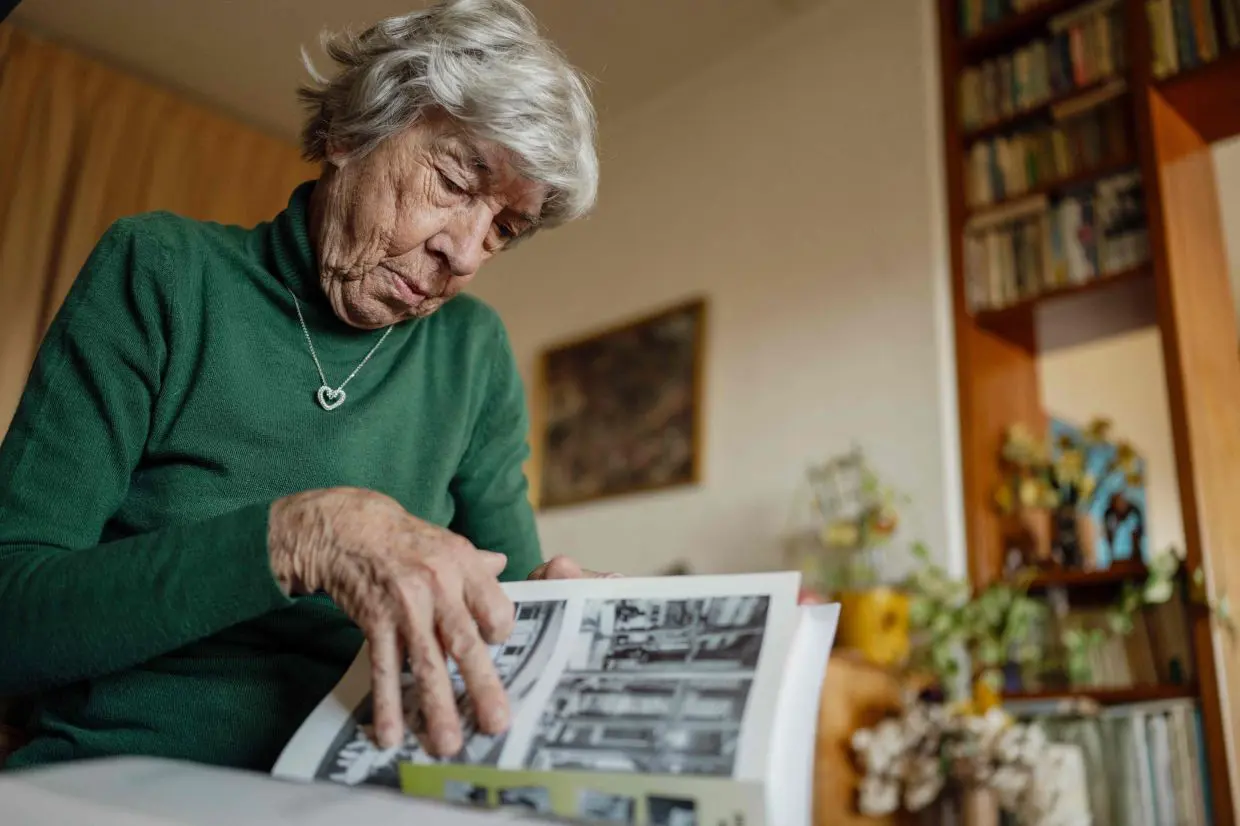Tineke Einthoven, now 87, has spoken publicly for the first time about her traumatic childhood in Japanese internment camps during World War II. Captured at age four on the Indonesian island of Java, she and her family endured years of starvation, brutality, and loss under Japanese occupation.
In 1942, shortly after Japan invaded the Dutch colony, Tineke’s father—an engineer and grandson of the inventor of the electrocardiogram—was arrested for refusing to cooperate with the occupiers. Separated from her father, Tineke, her mother, and siblings were imprisoned in squalid conditions at a civilian camp near Bandung.
“We often had only rice to eat,” she recalled. “I used to crawl under the fence to search for food—just weeds. If caught, parents faced severe punishment, even death.”
The family was later deported to Japan, where her father was forced to work on military radar systems. He died of pneumonia, weakened by malnutrition and forced labor. The rest of the family remained in isolation until Japan’s surrender in 1945.
After the war, Tineke resettled in Europe and became a psychologist. For decades, she spoke only to close family about her ordeal.
“I’m speaking out now to show that even after horrific experiences, you can choose healing. You don’t have to stay a victim,” she said.
READ ANOTHER STORY – https://classic97.net/ado-lga-illegal-cell-allegation/








